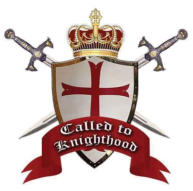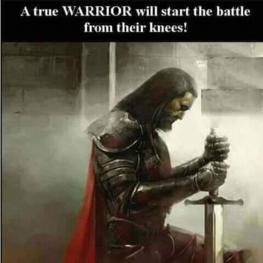
KNIGHTS TEMPLAR
Latin Phrases

"In this sign thou shalt conquer"
"In this sign thou shalt conquer"

Templar is truly a fearless knight, and
secure on every side, for his soul is
protected by the armor of faith, just as
his body is protected by the armor of
steel.
He is thus doubly armed and need fear
neither demons nor men.
AD 1135 by Bernard de Clairvax

© 2020 KnightsTemplar All Rights Reserved
Knights Templar
Templars-members of the Poor Knights of Christ and of the Temple of
Solomon, a religious military order of knighthood established at the time
of the Crusades that became a model and inspiration for other military
orders. Originally founded to protect Christian pilgrims to the Holy Land,
the order assumed greater military duties during the 12th century.

Phrases Used by Knights Templars
Militum Christi (Militia Christi, Militum xristi) – Army of Christ.
Sigillum militum Christi (Sigillum Militum Xristi) – Seal of Army of Christ.
In hoc signo vinces – In this sign thou shall conquer.
Non nobis, Domine, non nobis, sed nomini tuo da gloriam! – Not unto us, o Lord, not
unto us, but unto your name grant glory!
Veritas vos liberabit – the truth shall set you free.
Sicut umbra transeunt dies – As the shadow pass the days.
Testis sum agni – I am a witness to the Lamb.




The Poor Fellow-Soldiers of Christ and of the Temple of Solomon (Latin:
Pauperes commilitones Christi Templique Salomonici), also known as
the Order of Solomon's Temple, the Knights Templar or simply the
Templars, were a Catholic military order recognised in 1139 by the papal
bull Omne datum optimum. The order was founded in 1119 and was
active until about 1312.
The order, which was among the wealthiest and most powerful, became
a favoured charity throughout Christendom and grew rapidly in
membership and power. They were prominent in Christian finance.
Templar knights, in their distinctive white mantles with a red cross, were
among the most skilled fighting units of the Crusades. Non-combatant
members of the order, who formed as much as 90% of the order's
members, managed a large economic infrastructure throughout
Christendom, developing innovative financial techniques that were an
early form of banking, building its own network of nearly 1,000
commanderies and fortifications across Europe and the Holy Land, and
arguably forming the world's first multinational corporation.
The Templars were closely tied to the Crusades; when the Holy Land was
lost, support for the order faded. Rumours about the Templars' secret
initiation ceremony created distrust, and King Philip IV of France –
deeply in debt to the order – took advantage of the situation to gain
control over them. In 1307, he had many of the order's members in
France arrested, tortured into giving false confessions, and burned at
the stake. Pope Clement V disbanded the order in 1312 under pressure
from King Philip.
The abrupt reduction in power of a significant group in European society
gave rise to speculation, legend, and legacy through the ages.
























